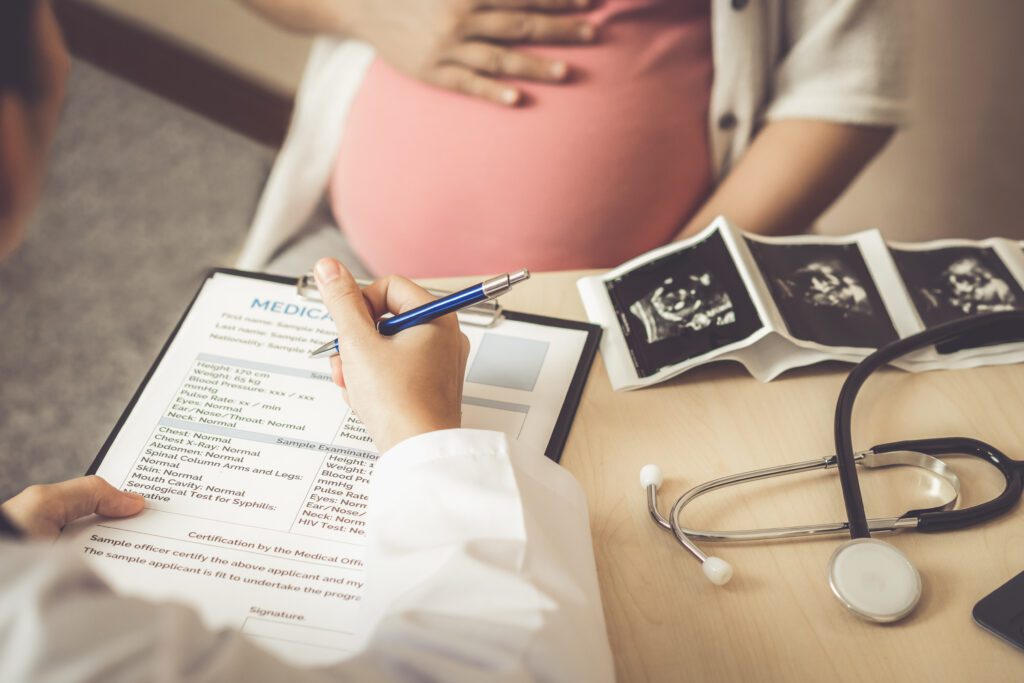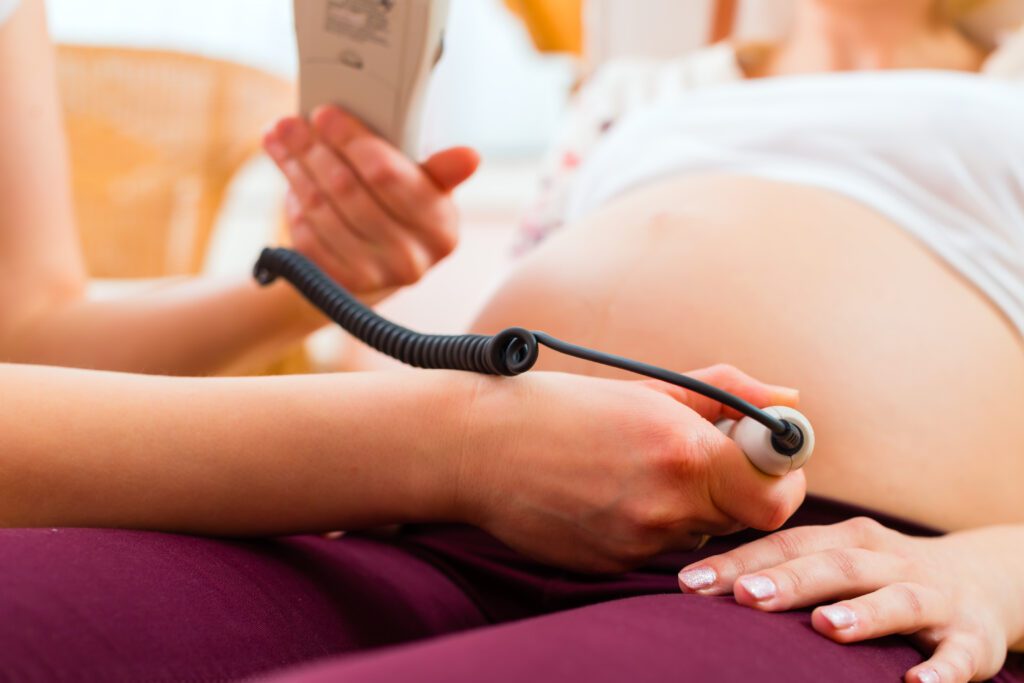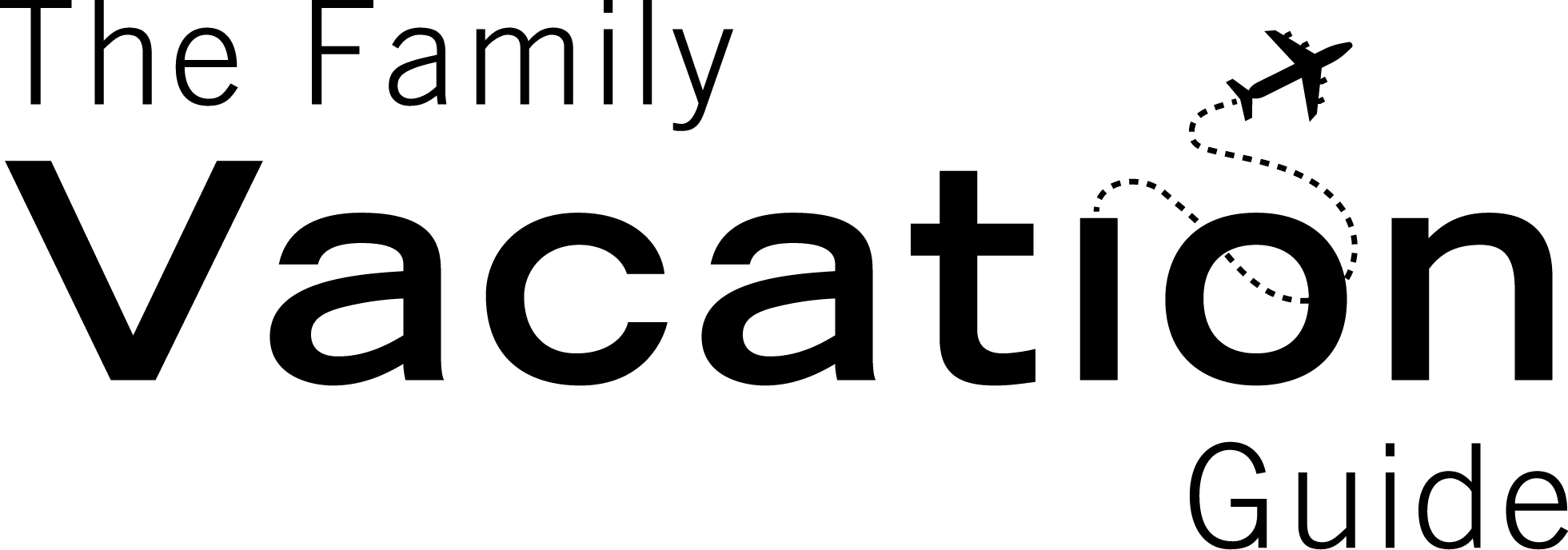Pregnancy is most defiantly a mixture of exciting, unsure, scary and exhausting. I’ve been there – 3 times! However, as much as a thrill seeker that I am, there does become a time where you must slow down and reluctantly pass on riding rollercoasters.
As there are currently no studies which document a relation to riding rollercoasters and issues it could cause your pregnancy [Source: American Pregnancy Association], theme parks such as Disney and Six Flags display signs advising not to ride.
I think it’s time to explore, can you ride rollercoasters while pregnant?
NOTE: I would like to add that I am not a medical professional and the advice and information I have given is of my own accounts and research. If you are ever unsure about anything during your pregnancy, ALWAYS consult your Doctor, Doula, or Labor and Delivery Nurse.
Safety Concerns of Riding a Roller Coaster whilst Pregnant

As I’ve already mentioned, there is little to no medical research conducted into the affects of riding rollercoaster (and other heart pumping theme park rides), on an unborn baby, or it’s mother.
However, there are advisories which I would say are very reasonable which advise against riding a roller coaster;
- The Stop/Start and jarring movements of a rollercoaster/ride could agitate the Uterus where sudden movements cause partial or full separation of the placenta (Placental Abruption)
- If you’re within the Third Trimester, movement is encourage to position baby into the ideal birthing positions- this could bring on an early labor. Not the best situation whilst whizzing about on Space Mountain!
- High risk pregnancies where your medical physician has advised to reduce strenuous activities, which could result in an early labour onset, or miscarriage.
- Gestational Diabetes: this comes with a high risk of pre-membrane abruptions, especially in the Third Trimester.
Advice from our Expert

Navin Khosla, Pharmacist at Now Patient has shared the following about riding a rollercoaster while pregnant:
“Even though there is no definitive evidence to prove that rollercoasters are harmful to pregnancy, there are factors linked to the rides which could negatively affect the body while pregnant.
Rollercoasters are known for their jarring motions, often “throwing” you around for the thrill of the ride. To many, this is a source of adrenaline, however, this motion could put a lot of pressure on your abdomen leading to possible placental abruption. The placenta is an organ that develops during pregnancy, specifically to provide the baby with nutrients and necessary vitals throughout the three trimesters, however, placental abruption is the early separation of the placenta from the baby, something that should only happen after the baby has been delivered. This abruption is rare, occurring in around 1% of pregnancies, nonetheless, reducing the risks of this happening is important, and therefore taking nine months away from rollercoasters might be the safest option.
Some placental abruptions are only slight, resulting in little to no harm to the mother or baby. However, if this damage is enhanced or the body experiences an unavoidable trauma or illness, this abruption could become life-threatening to both the infant and the mother due to the baby no longer receiving the oxygen and nutrients it needs.”
Problems During or After Riding a Roller Coaster While Pregnant
If you have decided to take the risk, and ride on a roller coaster whilst pregnant, and you experience any of the following soon or immediately after, you MUST seek medical attention as soon as possible;
- Gradual or sudden onset of cramps in the abdominal or/and lower back area
- Sudden intense pain in the abdominal and/or low back area.
- Vaginal Bleeding
- The appearance of your Mucus Plug / “Show”
- Sudden feeling of extreme pressure from the baby moving down
- Amniotic fluid / Waters leaking
What Theme Park Rides Can Pregnant Women Go On?

While it is probably best to avoid high-speed roller coasters while pregnant, there are safer options out there that I can recommend, for those seeking a fun day out at these parks.
In my opinion, park rides without sudden drops, upside-down actions, or high speeds should be safe for pregnant women to enjoy.
Examples of these rides can include lazy river cruises, railway tours, canoe rides, Ferris wheels, and carousels.
There is plenty of “low impact” entertainment going on round theme parks.
While you may feel as if you’re missing out on the biggest source of exhilaration, my “funnest” time was finding a lovely shady spot, grabbing some snacks, and enjoying the quite me time, whilst my husband took the kids on more exhilarating rides.
Far-fetched from my usual adrenaline seeking self, but a safe one for baby-in-utero and I.
What Do You Do If You Went On A Roller Coaster Before You Knew You Were Pregnant?
If you visited a theme park or amusement park and went on the high-speed rides before you realized you were pregnant, you’ll be happy to learn that it’s unlikely to be a problem.
If you are feeling fine with none of the above symptoms, try not to feel too concerned for the wellness of your baby!
Always talk to your doctor or midwife if you’re in need of any advice or reassurance.
How Long After Giving Birth Can You Ride a Roller Coaster?
Each pregnancy is different, and getting back to normal life (and riding roller coasters) can take longer or shorter amounts of time depending on the birth itself.
Generally, recovery time for a vaginal birth is generally a lot quicker than recovering from a cesarean-section.
After a vaginal birth, doctors recommend getting up and about for light walks and activity a few days after giving birth.
It’s also recommended that you take at least 12 weeks off any regular heavy exercise schedule.
The aftermath of cesarean-section birth requires a longer recovery period for the stitches and wound to settle and heal, so I would probably recommend laying off the roller coasters until your fully healed!
Women’s Care informs that within the first six weeks, a five-minute walk around your home should be the extent of your movement to decrease the potential consequences moderate exercise could have on your recovering body.
With this in mind, it’s up to each woman to heed the recommendations of medical professionals when it comes to activities she feels able to part in.
For vaginal births, you may be able to safely enjoy the thrills of a roller coaster within a few weeks of giving birth, while the women who have cesarean-section births should be waiting at least six weeks post-birth.
Always remember that these parks aren’t going anywhere, and you will have more fun knowing you aren’t risking your health or the health of your baby in the process of enjoying what they have to offer!
My Final thoughts
Even though there is a lock of clinical research to support the affects of riding roller coasters whilst pregnant, I would recommend on airing on the side of caution, and laying off the thrill-seeking until baby has arrived, and most important- when you feel it’s the right time for you.
Here are some websites I recommend and have sourced for my article:
If you are growing a little one, good luck and welcome to parenthood!
More about our TFVG Author
A seasoned traveller, Dad, and avid sports tourist, James foundered The Family Vacation Guide to share his expert vacation experiences- especially when it comes to being a travelling family man.
Featured in Travel articles such as Travel + Leisure, TripSavvy and SFGate, you know you're reading some of the best vacation tips online.





